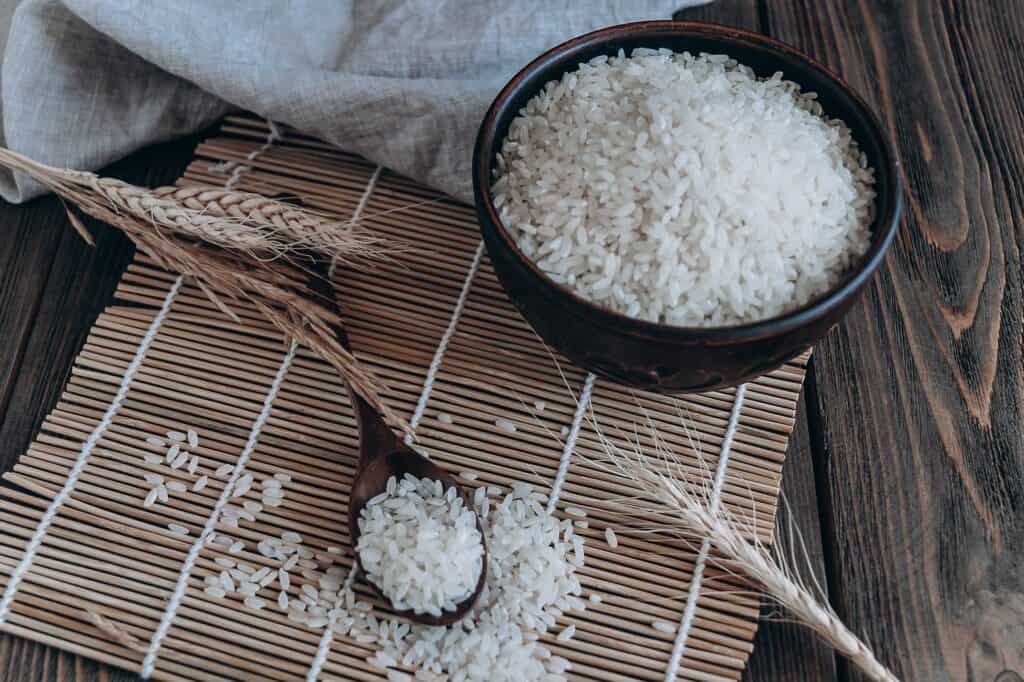So, you’ve had your wisdom teeth removed. Congratulations on taking that big step towards a healthier smile! Now, the big question on your mind is probably, “Can I eat rice after wisdom teeth removal?” Let’s dive into post-wisdom teeth removal cuisine and find out.
Rice is a staple food in society, popular in many cultures. Its gentle texture makes it a tempting option after oral surgery. But is it the best choice?
While rice can be a comforting option, dentists and nutritionists usually advise maintaining a balanced diet during recovery. Let’s explore the importance of different food groups:
Remember, a varied diet is vital to a speedy recovery.
While white rice is a gentle food option after wisdom teeth removal, a balanced diet is essential for complete and adequate healing. Let’s explore the
nutritional aspects of rice and its role in overall recovery.
- Carbohydrates: Rice is a good carbohydrate source that provides energy to your body. However, it is important to balance carbohydrate intake with other macronutrients like protein and fats.
- Fibre: Brown rice contains more fibre than white rice, aiding digestion and promoting gut health. However, during the initial healing phase, you might prefer the softer texture of white rice.
- Vitamins and Minerals: Rice is a relatively low source of vitamins and minerals. Therefore, it’s crucial to include a variety of other foods in your diet to meet your nutritional needs.
Rice and Oral Hygiene
While rice is generally considered safe for post-wisdom teeth removal, practicing good oral hygiene is crucial to prevent complications. Here are some tips:
- Rinse gently: After eating, rinse your mouth with warm salt water to help heal.
- Avoid vigorous brushing: Be gentle when brushing your teeth, especially around the extraction sites.
- Floss carefully: Flossing can help remove food particles but avoid the extraction areas.
Other Food Considerations
In addition to rice, other soft food options to consider include:
- Soups and stews: Choose clear broths or pureed soups for easy consumption.
- Mashed potatoes: A classic comfort food that is gentle on the gums.
- Oatmeal: A nutritious option that can be enjoyed hot or cold.
- Scrambled eggs: A good source of protein that is easy to chew.
Remember, as your healing progresses, you can gradually incorporate more foods into your diet.
While most people recover from
wisdom teeth removal without complications, monitoring your healing process is advantageous. Here are some signs that indicate you should contact your
Belleville dentist:
Early detection and treatment of any complications can prevent more severe issues.
Many people experience bad breath, or halitosis, after wisdom teeth removal. This condition is often due to the healing process and the presence of food particles in the extraction sites.
To ensure a smooth recovery, it is beneficial to follow your Belleville dentist’s post-operative instructions carefully. These include information on diet, medication, and oral hygiene.
At
Quinte Smiles, we prioritize patient comfort and well-being. Our experienced team will provide clear guidelines to help you through the healing process.
Can I eat rice after wisdom teeth removal? Absolutely! But remember to listen to your body and follow your dentist’s advice for a speedy recovery.










